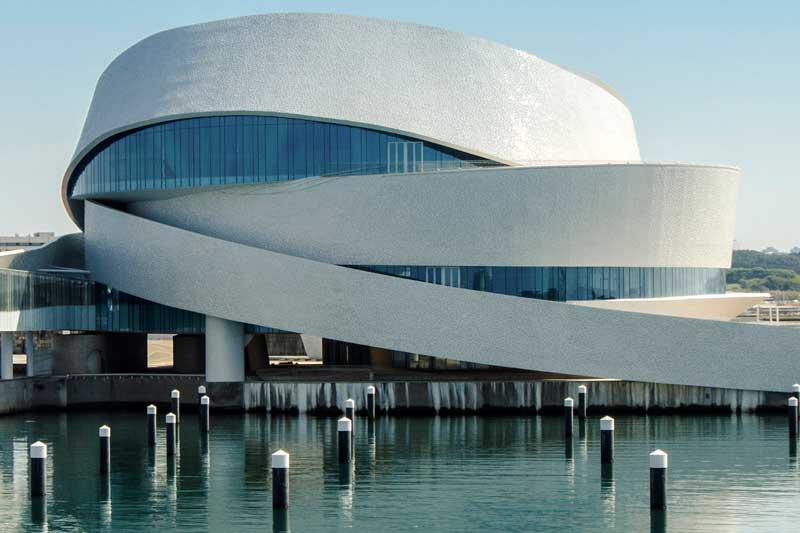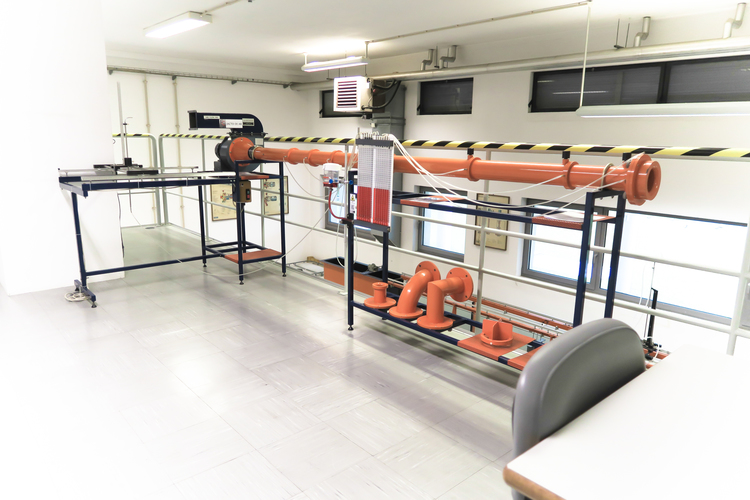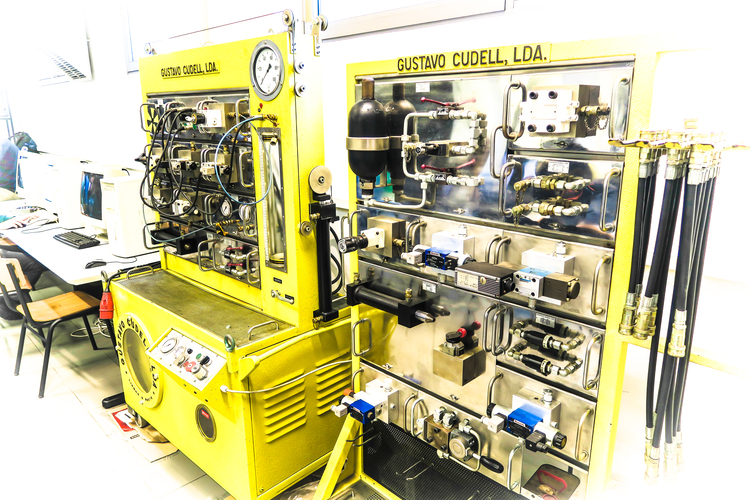Civil Engineering
Civil engineering is present in all human constructions, while ensuring a sustainable balance between the built environment and the natural world.

Civil Engineering at ISEP
CIVIL ENGINEERING
Civil engineering is present in all human constructions and seeks to ensure a sustainable balance between natural and built environments. By combining technological innovation and an intelligent use of resources, civil engineers play a decisive role in the development and rehabilitation of urban spaces, communication networks, and energy girds.
BSc in Civil Engineering
3 years | 180 ECTS units
Designed in a solid, comprehensive, and balanced fashion, the BSc in Civil Engineering ensures the knowledge and skills to work as a civil engineer in construction, maintenance, rehabilitation, and public works projects. The course focuses on the development, management, and quality control of construction projects, structural components, and infrastructure systems.
Masters in Civil Engineering
2 YEARS | 120 ECTS
The implementation of the program Portugal in 2020 and the Strategic Plan for Transport and Infrastructure perspective renewed the importance of civil engineering. Crucial to the success of these modernization agendas, civil engineers will apply new tools and methodologies to deliver sustainable construction projects and revitalization.
Career prospects
Graduates in Civil Engineering can plan, design, construct, direct, coordinate, supervise, maintain, and rehabilitate projects in the following areas and applications:
- structures (residential or commercial projects, bridges, reservoirs)
- infrastructure (roads, urban road systems, support works, foundations)
- hydraulic and sanitation (treatment and water distribution systems, sewage treatment,
- urban and industrial waste and drainage systems in general)
- materials and technologies (concrete, steel, wood, and prefabricated, recycled, and new materials, construction and insulation systems).



